July 1, 2024 | 10:42 GMT +7
July 1, 2024 | 10:42 GMT +7
Hotline: 0913.378.918
July 1, 2024 | 10:42 GMT +7
Hotline: 0913.378.918
And the case has some observers wondering about political undertones.
On 27 May, Chinese authorities imposed a ban on US meat exports shipped through Cool Port Oakland, a temperature-controlled facility close to the Californian port of Oakland. Inspections of a beef shipment sent from the building found traces of ractopamine, a feed additive banned in more than 150 countries.
Although use of the growth hormone is permitted in the US meat industry, owing to concerns over animal welfare and cardiovascular risks to humans, many jurisdictions have outlawed it, including the European Union and China.
The ban has disrupted US exports of beef, pork and poultry across the Pacific, sending meat exporters scrambling for alternative routings, reported the US Meat Export Federation (MEF). It has also driven up their costs, the interest group added.
On top of this, the ban has left exporters wondering about their China-bound shipments that left Oakland before 27 May.
Cool Port Oakland plays an major role in the handling of perishables exports. Established in 2018, a joint-venture between cold storage specialist Lineage Logistics and Dreisbach Enterprises, the 280,000sq ft facility is a key transfer point for meat arriving by rail for ocean containers, and can handle 750,000 tons a year.
As the last port of call on the US west coast for a number of transpacific lines, Oakland is a major gateway for perishables exports. In the first quarter, about 44% of US beef and 21% of pork exports moved through the port, according to the MEF. Cool Port has been widely credited as a key factor that enabled the port to grow its share of reefer shipments last year.
And Cool Port is not the only US meat handling facility hit by a ban from China. It also slapped a ban on US meat processed from the Swift Beef facility in Greeley, Colorado. Swift parent JBS, a global meat processing behemoth, confirmed the Greeley facility had been “temporarily suspended from exporting to China because traces of ractopamine were identified”.
There are suspicions, however, that the issue may be about more than traces of banned animal feed. Industry insiders have pointed out that China recently reinstated five out of seven Australian meat export processors that were suspended four years ago for technical reasons. Diplomatic relations between Australia and China have thawed in recent months after a frosty spell that saw Beijing raise barriers to imports of Australian goods, such as wine.
As both sides are set to repair mutual trade, restoring meat traffic from the US, a nation Chinese leaders see as an adversary, is probably not a priority for officials.
(theloadstar)
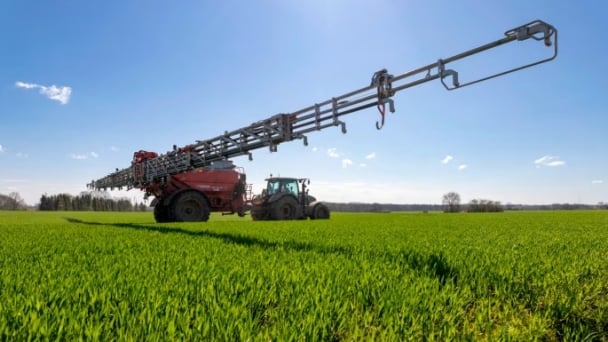
(VAN) Growing dependence gives Moscow more leverage over European crop production.
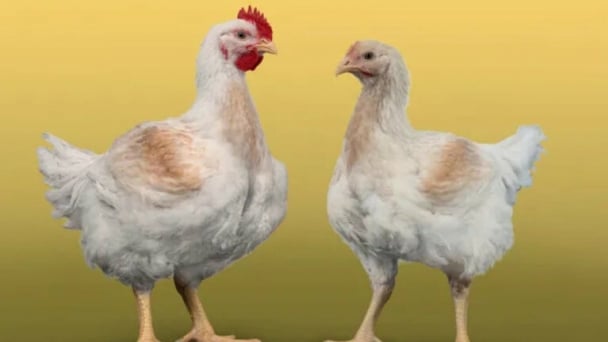
(VAN) Poultry breeding company Aviagen has received approval from the animal welfare charity RSPCA for an additional slower-growing breed that meets the standards of the European Chicken Commitment.
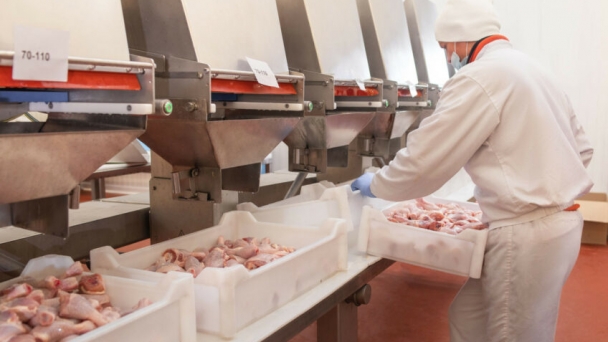
(VAN) Ukraine’s largest poultry processor, MHP, saw its net profit plummet nearly threefold due to the devaluation of the hryvnia and a surge in conflict-related costs.
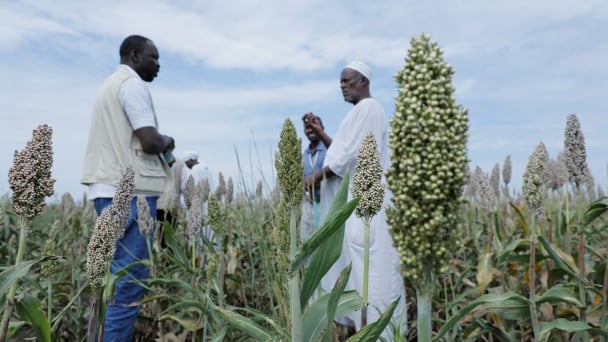
(VAN) New data reveals that over 750,000 people are experiencing catastrophic levels of food insecurity with 25.6 million people in crisis levels of hunger
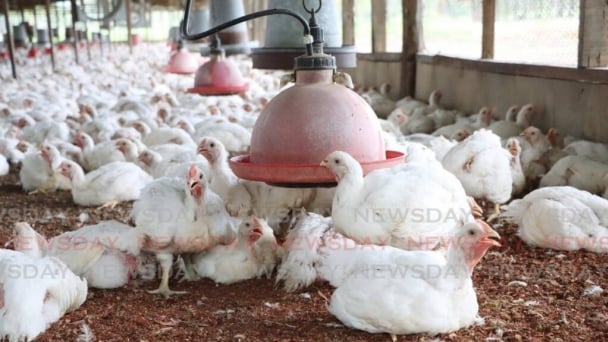
(VAN) The poultry industry in the Caribbean is the single largest agribusiness sector in the region, supplying over 82 per cent of the region’s animal protein dietary needs according to the Caribbean Poultry Association (CPA).
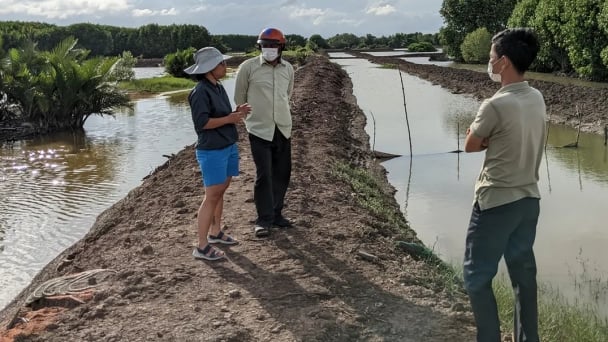
(VAN) Vietnam’s Mekong Delta is slowly being transformed by groundwater extraction, overpopulation, pollution and climate change. Unsolved, this will dramatically reduce Vietnam’s aquaculture output and pose a serious threat to local and regional food security.